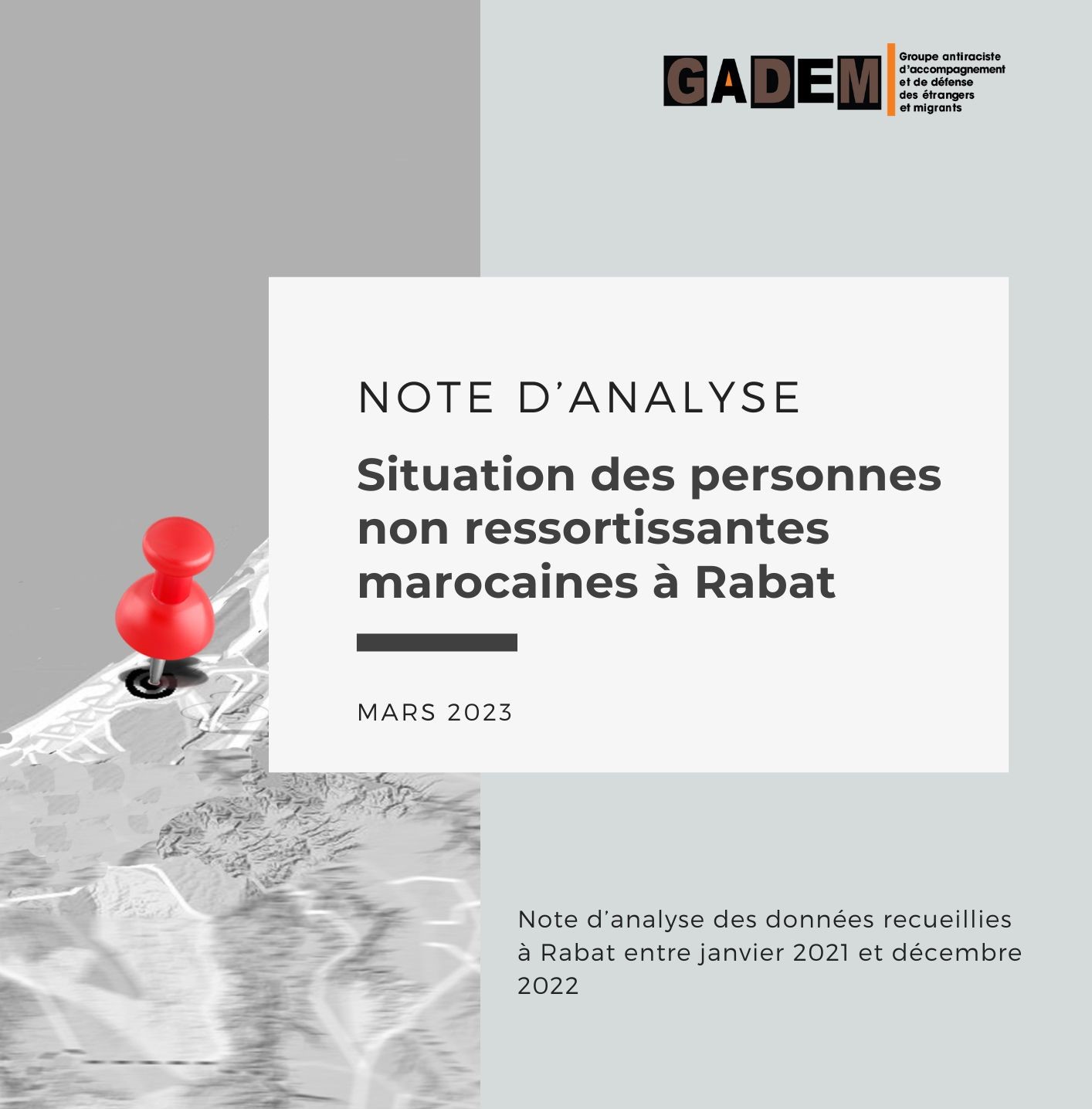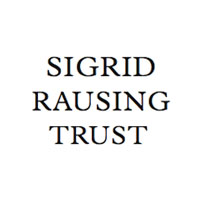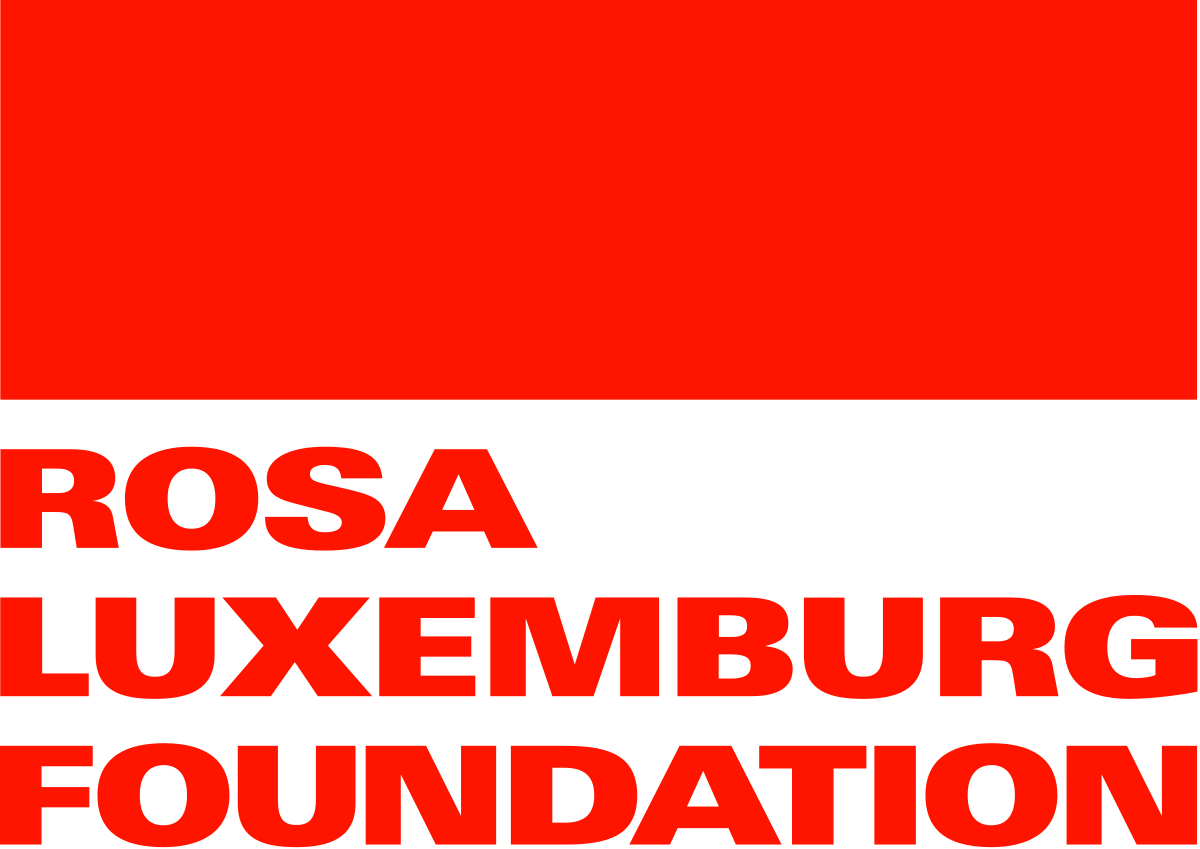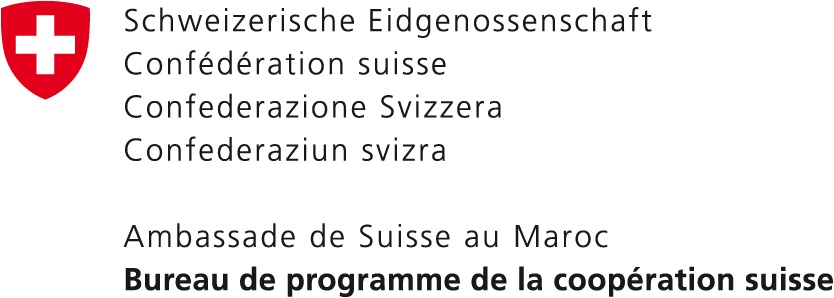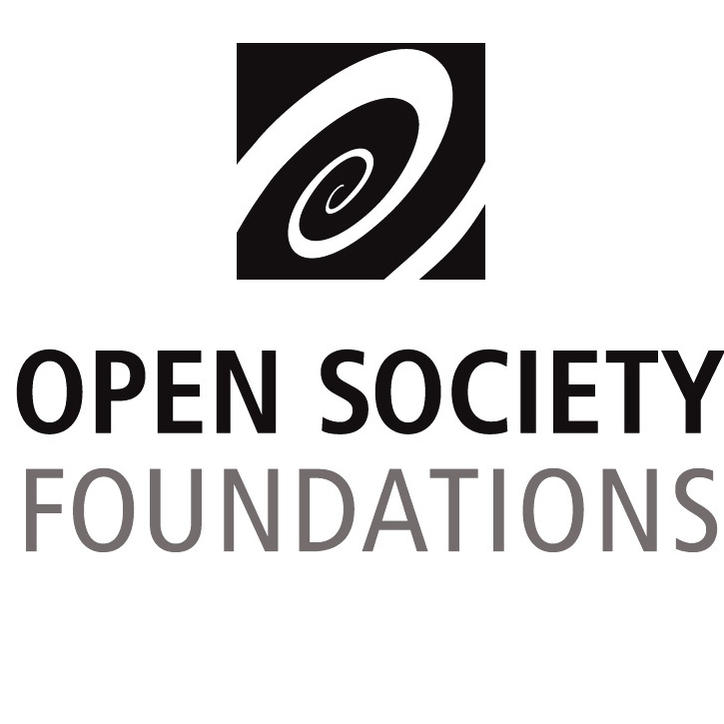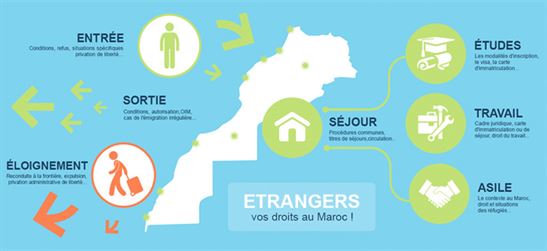Call us : +212 (0)537-770-332
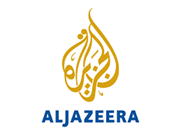
Rabat – In the working-class district of Yacoub El Mansour in the Moroccan capital Rabat, women from Iraq, Morocco and the Democratic Republic of Congo gathered around sewing machines inside the offices of Migrants du Monde, stitching traditional designs.
“Otherwise, I would just sit at home and start thinking about awful things. More than the money, this makes me feel useful,” said Iraqi refugee Khadija Hussein Salih, displaying her latest creation, an elegant navy caftan with delicate cream embroidery.
Salih, whose children died in a school bombing, fled with her husband to Morocco many years ago, possessing only the clothes on their backs. The sewing workshop has helped her to earn a bit of money, but has also saved her from depression, Salih told Al Jazeera.
 |
| Migrants du Monde operates workshops in the Moroccan capital Rabat [Nahrain Al-Mousawi/Al Jazeera] |
According to Nathalie Freige, the marketing manager of Migrants du Monde, the workshop provides refugees with a chance to learn a craft from each other.
“These women have fled their country and often arrive with only their luggage and memories, and sometimes it’s a memory of their embroidery heritage,” Freige told Al Jazeera. “They have the opportunity to transmit their knowledge so that an Afghan teaches a Congolese, who teaches a Moroccan, etc.”
IN PICTURES: Syrians scale fence at Spain’s African ‘fortress’
With intense media scrutiny on the Syrian exodus to Europe, the role of Morocco as a hub for refugees looking to cross the Mediterranean has generated less attention in recent days.
But thousands of people from sub-Saharan Africa continue to flee poverty and war in their homelands to cross into Morocco, with an eventual goal of reaching Europe. Increasing border restrictions, however, have made Morocco a default destination for many, and refugees frequently complain of violence and discrimination by authorities there.
| A theatre play can spread more empathy and unity than political speeches. |
Morocco announced major immigration reforms in 2013, offering legal residency to refugees, but critics say they continue to face abuse, camp closures and forced relocation.
In the meantime, a number of Moroccan organisations have stepped up to provide space for creative expression for refugees. The street theatre production “B7al B7al” (All Equal) – created by Mix City in Casablanca and co-funded by the European Union – uses a style of performance called the “theatre of the oppressed”.
The project is situated in a public place, and passers-by gather around as the story about typical issues refugees confront – from dizzying administrative procedures to housing discrimination – unfolds gradually, allowing spectators to better understand the challenges sub-Saharan refugees face.
GADEM, an anti-racism organisation that has condemned police evictions and assaults against refugees, has also ventured into the cultural field, recently co-sponsoring a play written and produced by refugee women about their experiences in Morocco.
“We need to realise that whether they are staying or just passing through, migrants have rights and that society and government need to listen to them,” Bilal al-Jouhari, a spokesperson for GADEM, told Al Jazeera. “We believe that culture is the key for a common ground of understanding between people from different backgrounds … A theatre play can spread more empathy and unity than political speeches.”
While Morocco was long considered a “transit land” for refugees heading towards Europe, it is now a place where many people are choosing to remain or take refuge, Jouhari added.
“So it’s necessary to start to push for more coexistence between all the populations here. Living together and accepting each other starts by understanding each other, which can only be done by cultural initiatives. And politicians need to know that it’s very vital for a mixed society.”
In addition to the play, GADEM also organises an annual festival where talks, documentaries and workshops zone in on issues such as racism and stereotyping.
However, the fact that undocumented sub-Saharans in Morocco are still prevented from crossing borders, earning a living and sending their children to school, underscores the difficulty of turning the empathy generated by such projects into tangible change.
The artist residency L’Appartement 22 in Rabat recently hosted two Nigerian artists, writer Emmanuel Iduma and visual artist Emeka Okereke. Their goal was to explore the meaning of African borders in an installation presented at the end of the summer.
However, Okereke was denied a visa to Morocco to fulfill his arts residency – so communication across borders, conversations recorded on Skype, and messages sent via WhatsApp became part of the project, initially conceived as a means of showing solidarity with undocumented persons.
“One cannot pretend to understand the plight of the migrant if one does not share the same context and reality with the migrant,” Iduma said, noting that empathy becomes useful when the audience is gripped by a “new consciousness … capable of moving the listener to action”.
https://www.aljazeera.com/news/2016/01/refugees-find-solace-art-morocco-160111090812131.html


